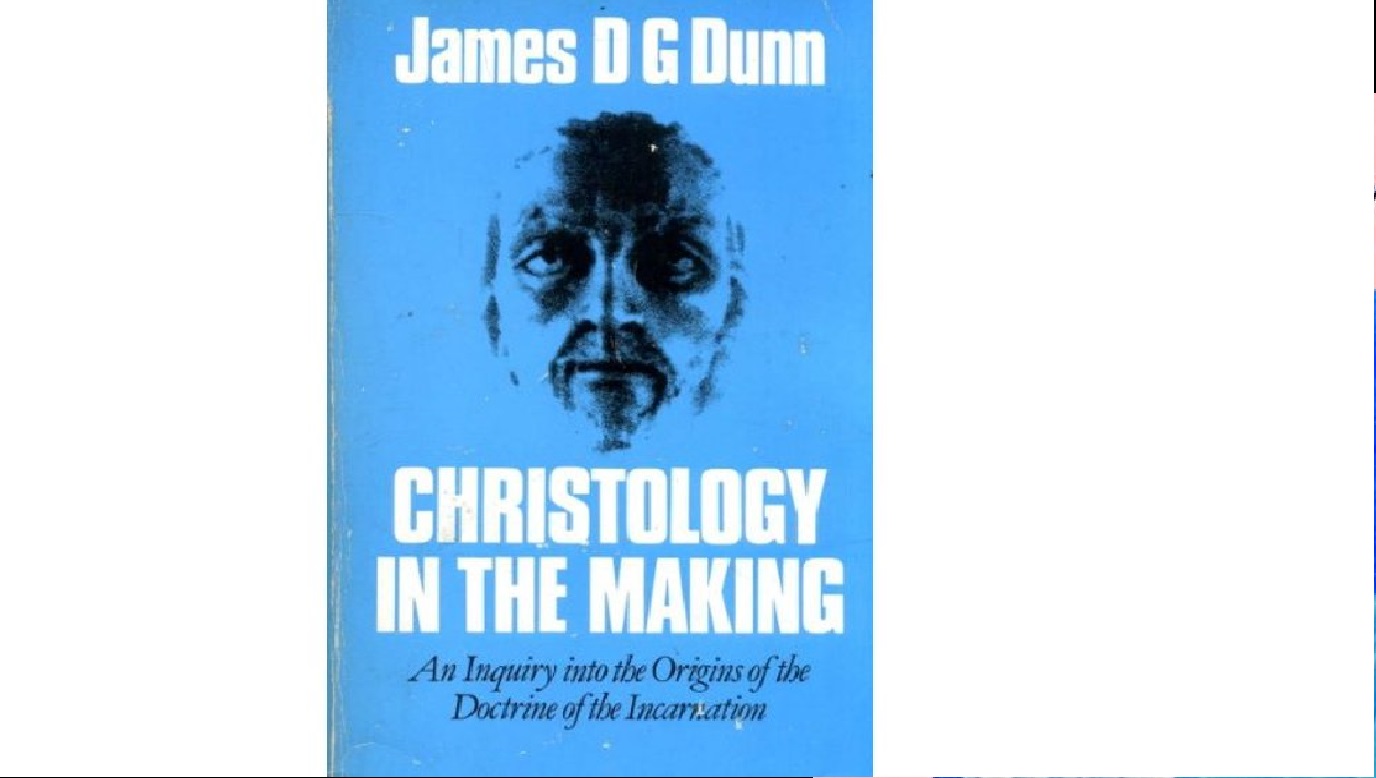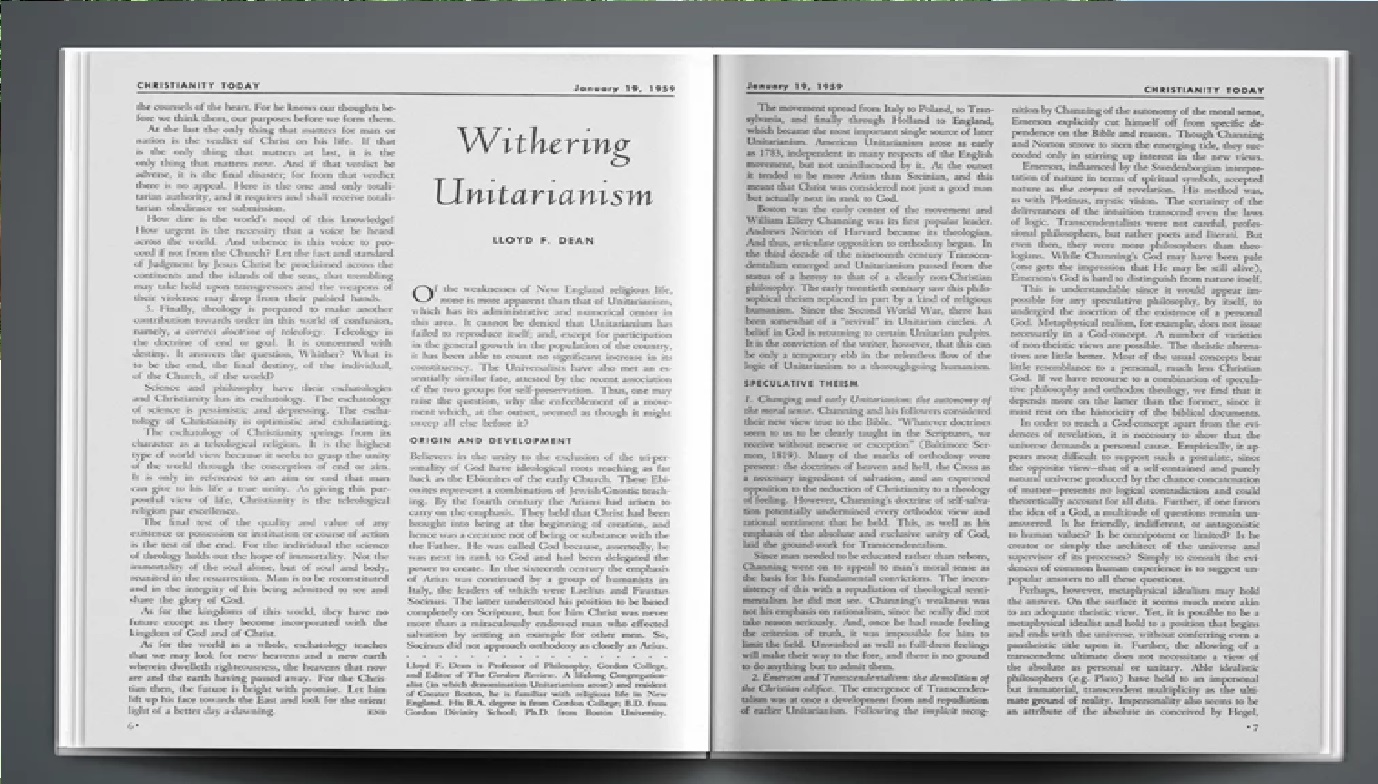
The word incarnate
December 10, 2022
Withering Unitarianism
February 14, 2023Biblical Agency

“So completely is the ideal Davidic king identified with the purposes of God that he can be dignified with the titles of God himself [e.g., Ps. 45:6]. This practice of treating the agent as though he were the principal is of the greatest importance for New Testament Christology.” Caird, The Language and Imagery of the Bible, 1988, p. 181
The Encyclopedia of the Jewish Religion defines the biblical principle of agency (Heb. shaliach):
“The main point of the Jewish law of agency is expressed in the dictum, a person’s agent is regarded as the person himself (Ned. 72B; Kidd, 41b). Therefore any act committed by a duly appointed agent is regarded as having been committed by the principal.”
In the Bible we find many examples of this law of agency.
Human Agents of Other Humans
Gen. 43-44: The steward of Joseph is treated by Joseph’s brothers as if he is Joseph himself.
Luke 7:6-10: The friends of the centurion speak as the centurion and are addressed by Jesus as if they are the centurion himself: “The centurion sent friends to say to [Jesus]…‘I do not deserve to have you come under my roof.’ When Jesus heard this, he was amazed at him. Then the men who had been sent returned to the house and found the servant well.”
John 3.22 says Jesus was baptizing people, yet the next chapter says, “Jesus himself was not baptizing, but his disciples were” (John 4.2).
Philemon 17: Paul tells Philemon to welcome the runaway slave Onesimus “as though he were me” (lit. “as me”).
Human Agents of YHWH
In Deuteronomy 29 Moses speaks as God in the first person, as “I”!
“Moses summoned all Israel and said to them…. ‘I have led you forty years in the wilderness. You have not drunk wine or strong drink, that you may know that I am the LORD your God. You are standing today, all of you,
before the LORD your God” (Deut. 29:2-6).
The Cambridge Bible for Schools and Colleges says about this passage: “here the speaker’s personality is
merged in that of the Deity.”
Joshua is also treated as if he is YHWH Himself: “YHWH your God is the one who will pass before
you….Joshua is the one who will pass before you” (Deut. 31:3).
Joshua 24.1: “Joshua assembled all the tribes [and] they presented themselves before God.”
And of course, King David is an agent of YHWH in Ezekiel 37:24: “My servant David will be king over them. And they will all have one shepherd.”
Zechariah 14:9: “YHWH will be king over the entire earth. And on that day He will be one and His name
will be one.”
New Testament Christology
In the New Testament, so completely is Jesus identified with his God and Father as His agent that the writers can use “YHVH texts” from the OT and apply them to the Son without confusion. They never imagined some mysterious “plurality of Persons” within the one God of Israel. So we find Mark opening his Gospel by applying Old Testament texts including Isaiah 40:3 to Jesus in Mark 1:3: “Prepare the way of the Lord; make His paths straight.”
Similarly, Paul uses Joel 2.32a in Romans 10.13: “Everyone who calls on the name of the Lord will
be saved.”
In John 5:30 Jesus says, “I can do nothing on my own authority. As I hear I judge, and my judgment is fair, because I do not seek my own will, but the will of the One who sent me.”
The IVP Bible Background Commentary says about this verse, “Jesus is thus a faithful shaliach, or agent;
Jewish law taught that the man’s agent was as a man himself (backed by his full authority), to the extent that the agent faithfully represented him.”
Summary
According to the noted Catholic scholar Raymond Brown, “much of the equivalence between Father and
Son [in John] is phrased in language that stems from the Jewish concept that the one who is sent (shaliach) is completely the representative of the one who sends him. This idea has now been admirably developed by P. Borgen. He points to the rabbinic…legal principle…‘ [An agent] ranks as his [master’s] own person.’ Because Jesus is an agent who is God’s own Son, John deepens the legal relationship of agent and sender to a relationship of likeness of nature (still not in philosophical terms, however).” The Gospel According to John, p. 632.
Brown mentioned Norwegian scholar Peder Borgen, who is the expert on this topic. Borgen wrote:
“The basic principle of the Jewish institution of agency is that an agent is like the one who sent him. This relationship applied regardless of who was the sender. Thus, for example, the agent of the ruler is like the ruler himself. Consequently, to deal with the agent was the same as dealing with the sender himself: Then said the king to them, you have not spoken concerning my servant but concerning me. (Siphre) The saying in John 12:44 is a very close parallel to the saying by the king in the quotation from Siphre [an ancient Jewish rabbinic study]: John: he who believes in me, believes not in me but in him who sent me; Siphre: you have not spoken concerning my servant but concerning me. Another saying which expresses the same idea, that dealing with the agent is the same as dealing with the sender himself, is found in all four gospels (see Matt. 10:40; cf. Matt. 18:5, Mark 9:37 and Luke 9:48). The Johannine version occurs in 13:20: he who receives any one whom I send receives me; he who receives me receives him who sent me.” [God’s Agent in the Fourth Gospel, in Neusner, Religions in Antiquity, 1968, p. 138.]
